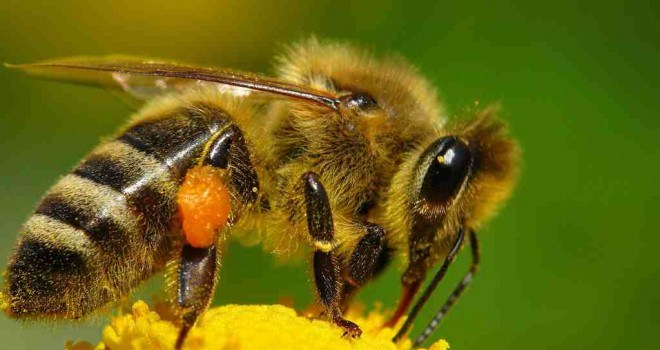This project is one of the first in the world, work with honey from the melipona bee.
(MERIDA Yuc – Cinvestav) – A group of Yucatecan scientists from the Center for Research and Advanced Studies of the National Polytechnic Institute (Cinvestav) is working on a material derived from melipona honey to replace plastic used for coatings in the food industry.
Tomás Jesús Madera Santana, a specialist from Cinvestav’s Mérida Unit, said that this project is one of the first in the world to work with honey from the melipona bee as a plasticizer for a biopolymer film.
“This packaging material is composed of graphite. Although, the layers slide easily on the graphite, it is a good solid lubricant. In addition, it is gelatin that comes from seaweed and has the power to thicken liquids and turn them into a gel and melipona honey, which provides greater protection to foodstuffs.” (SIC)
He commented that bees use sugary secretions from flowers, known as floral nectar, to produce honey, has antioxidant, healing, deodorant, and bridging properties. In addition, they make honey work as an antimicrobial agent and a possible plasticizer. The idea is to use melipona honey, which has been produced since pre-Columbian times by a stingless bee endemic to Yucatan.
Madera Santana carried out this research in collaboration with José Antonio Azamar Barrios, a researcher at Cinvestav’s Applied Physics Department. As a result, he achieved a simple and economical way of producing graphene oxide, to later incorporate it into a biopolymeric matrix of agar with melipona bee honey.
Madera Santana explained that this project seeks to replace petrochemical-based plastics with biodegradable coatings to avoid further deterioration and be environmentally friendly.
The study has already been published in the journal Carbohydrate Polymers Technologies and Applications, which offers the scientific community how to develop bionanocomposites simply and economically.
Madera Santana’s research areas are related to the processing and characterization of composite materials and polymeric mixtures. Another area of research is the chemical modification of fibers and natural polymers, which allow a better interaction of these in a polymeric matrix.
The Yucatan Times
Newsroom



